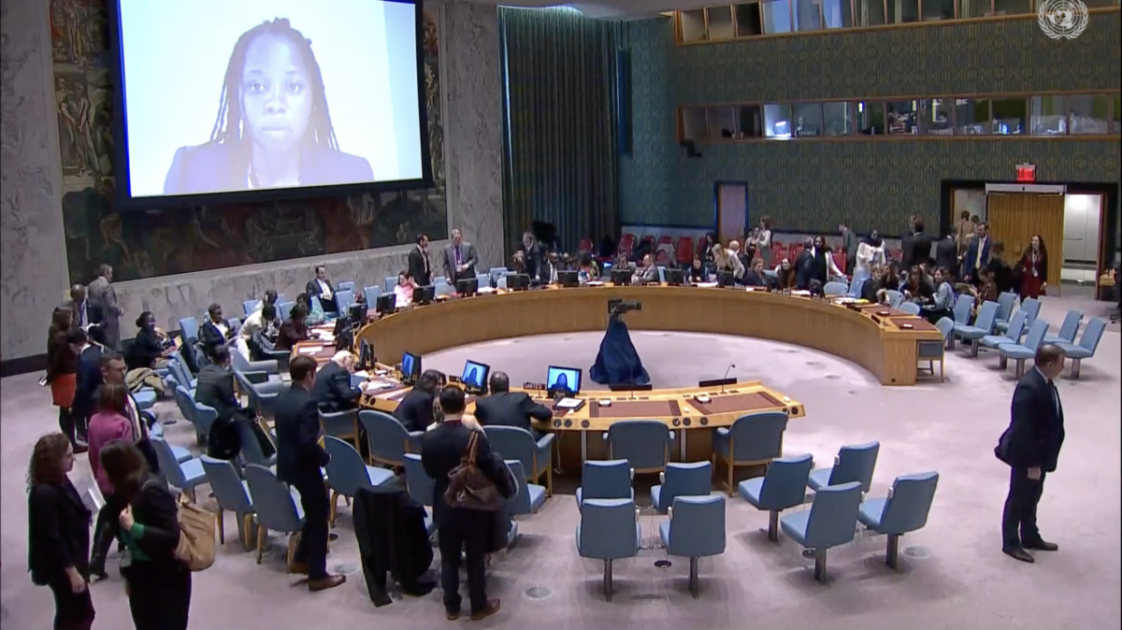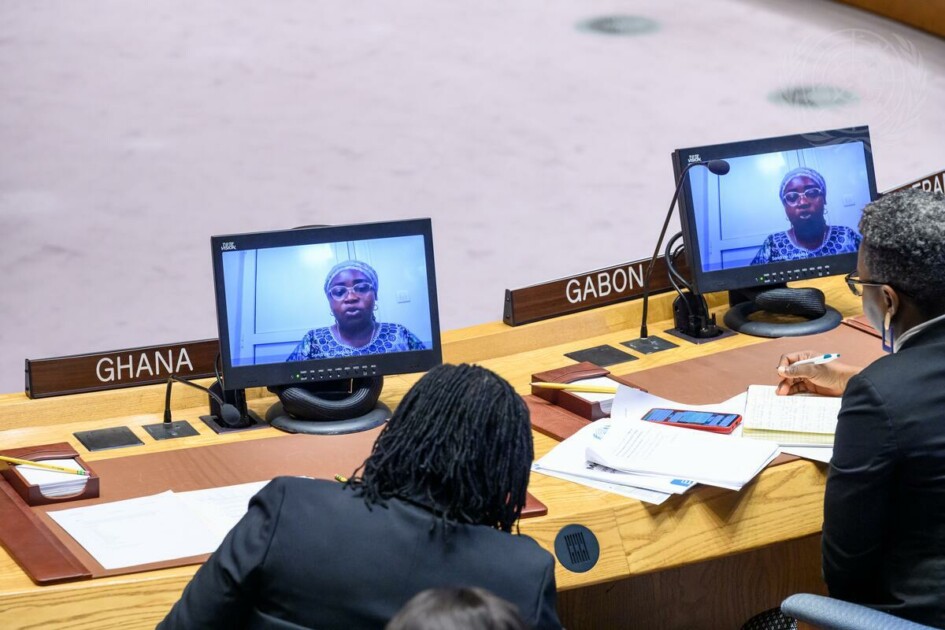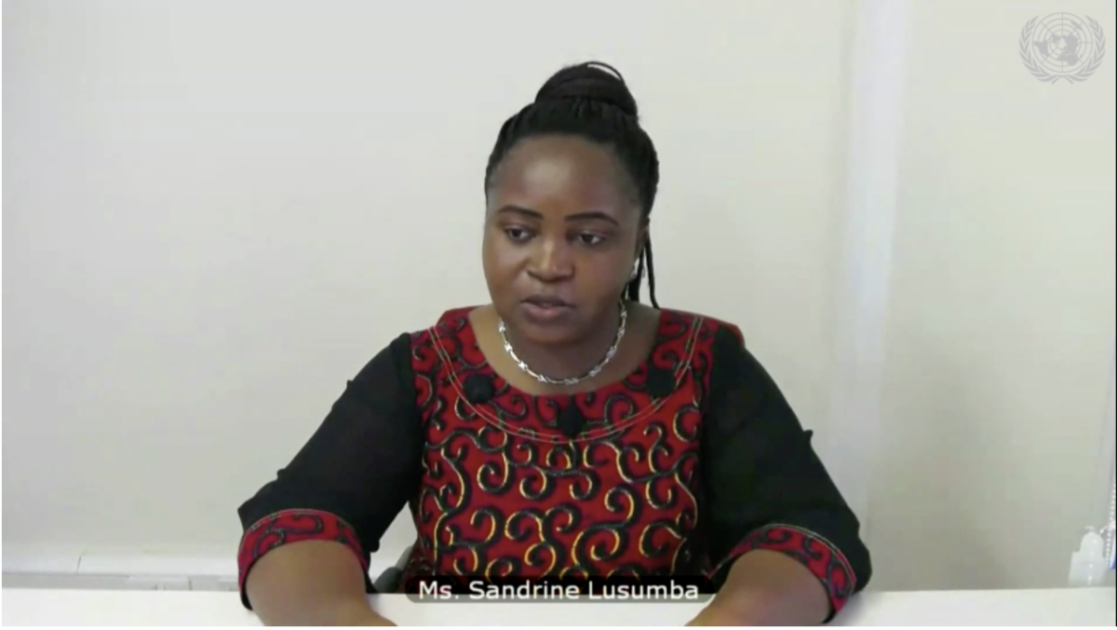Democratic Republic of the Congo
Women in the Democratic Republic of Congo continue to face widespread sexual violence, disease, and displacement in conflict situations arising from clashes between dozens of armed groups. Often, sexual violence and rape are used as terror tactics and weapons of war, and despite the ratification of the Convention on the Elimination of All Forms of Discrimination against Women (CEDAW) and the Women’s Platform for the Peace, Security and Cooperation Framework, women are still largely underrepresented in peacebuilding efforts. Additionally, women activists face rape as a form of torture by government actors who disagree with their political activity. The United Nations Organization Stabilization Mission in the DRC (MONUSCO) aims to provide protection for civilians, including reducing the threat of armed groups perpetrating sexual and gender-based violence, monitoring and reporting on sexual violence and ensuring women’s participation in stabilization and national political dialogue.
Democratic Republic of the Congo
Women in the Democratic Republic of the Congo continue to face widespread sexual violence, disease, and displacement in conflict situations arising from clashes between dozens of armed groups. Often, sexual violence and rape are used as terror tactics and weapons of war, and despite the ratification of the Convention on the Elimination of All Forms of Discrimination against Women (CEDAW), and the Women’s Platform for the Peace, Security and Cooperation Framework, women are still largely underrepresented in peacebuilding efforts.
Additionally, women activists face rape as a form of torture by government actors who disagree with their political activity. The United Nations Organization Stabilization Mission in the DRC (MONUSCO) aims to provide protection for civilians, including reducing the threat of armed groups perpetrating sexual and gender-based violence, monitoring and reporting on sexual violence and ensuring women’s participation in stabilization and national political dialogue.
Current and Past Recommendations to the UN Security Council (Monthly Action Points)
In its discussion of the situation in the DRC and implementation of the 31 December 2016 agreement, the Security Council should ensure it discusses women’s participation in the implementation and monitoring of the 2016 Political Agreement. Past updates on the political situation were inconsistent in the information included; the most recent update in November 2017 (S/2017/963) provided only minimal statistics regarding women’s participation in electoral processes. Reporting by the UN Stabilization Mission in the DRC (MONUSCO) in January 2018 (S/2018/16) has further underlined the importance of ensuring there are concrete and urgent efforts to ensure women are fully supported in efforts to run for public office and register to vote, noting a 5% decrease in female voter registration, and concerns from women’s organizations regarding the newly-signed electoral law. Given that women are 47% of the electorate in the DRC, in both the written update and briefings, there should be acknowledgement and analysis of the remaining significant barriers to women’s representation and participation in political and security processes, including but not limited to lack of political will, inadequate financing, and inconsistent implementation of gendered analysis of conflict and peacebuilding efforts, as well as relevant gender equality policy frameworks. Participation of smaller political groups in the political landscape must be ensured, especially during elections, regardless of their level of representation. The restrictions on democratic space throughout the country and ongoing targeting of civil society activists should also be of considerable concern to the Council (S/2017/565). Efforts to ensure women politicians, candidates, activists, and human rights defenders are protected should be prioritized in the context of implementation of the political agreement, the National Action Plan on Resolution 1325 (2000), and any national strategies aimed at combating sexual and gender-based violence (SGBV) (CEDAW/C/COD/CO/6-7). The violence targeting women seeking to vote in past elections must be a priority in terms of efforts to ensure protection and promotion of women’s rights to fully participate in the electoral process. It is imperative that human rights violations continue to be monitored closely through consultation with civil society organizations (CSOs) and that perpetrators are identified, arrested, and prosecuted.
Relevant Resources









